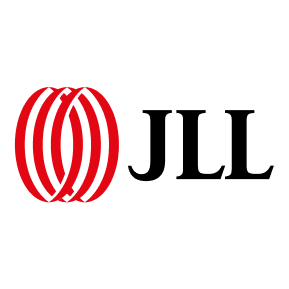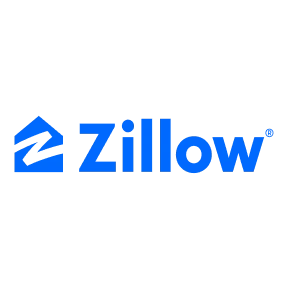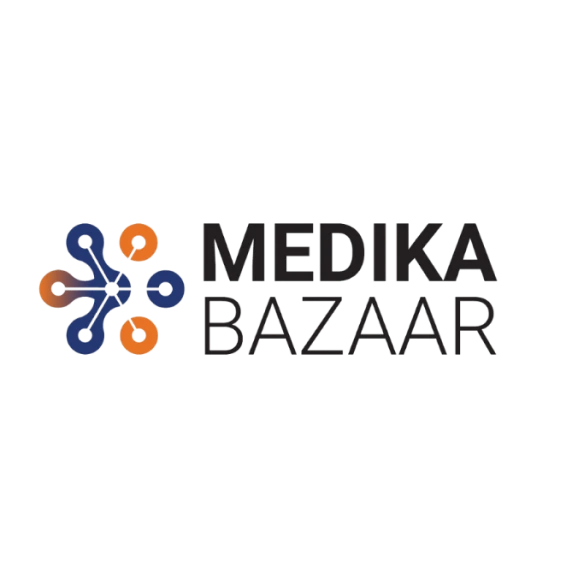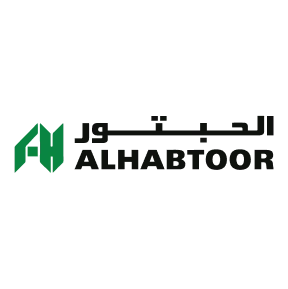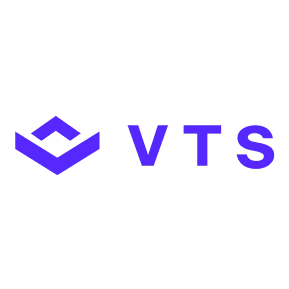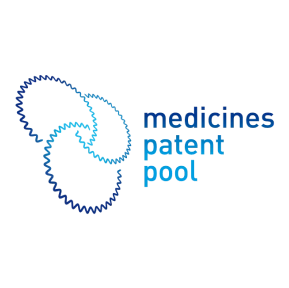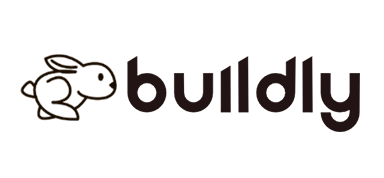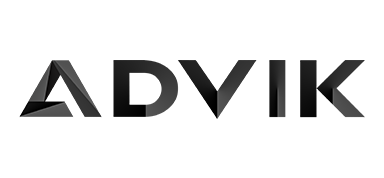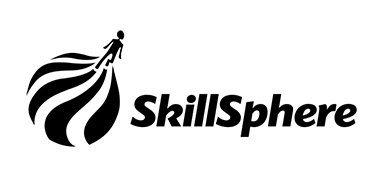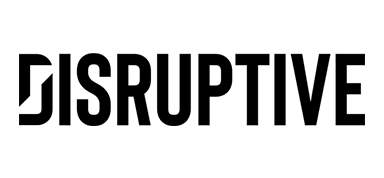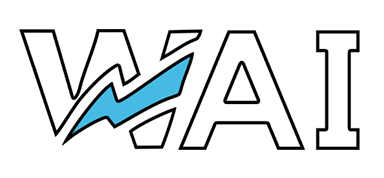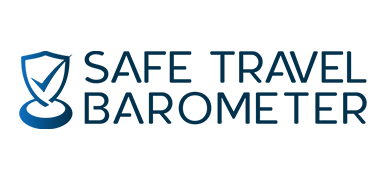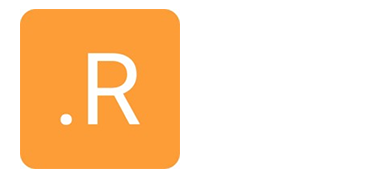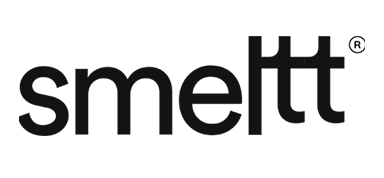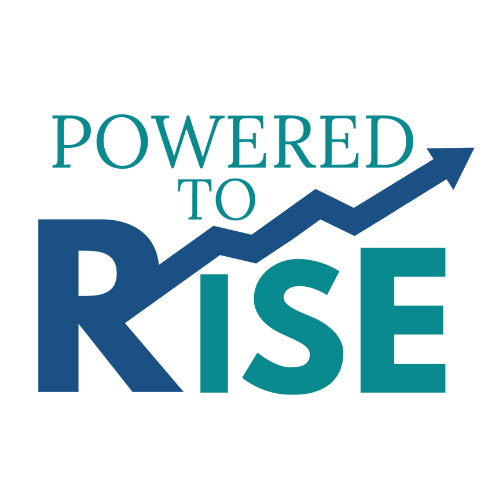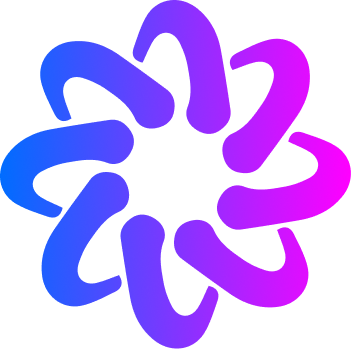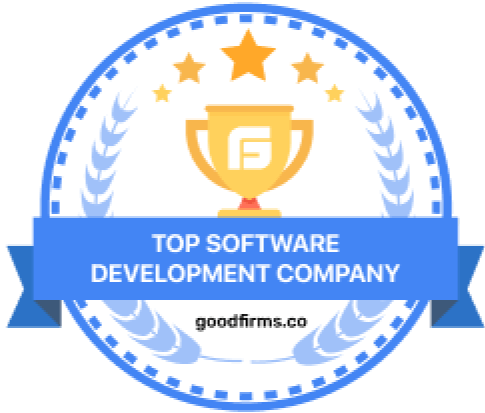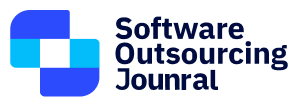
Brands That Love Us

How Can Healthcare Software Development Help?
Healthcare software solutions unlock the potential for streamlined medical services and improved patient care. Secure applications and online platforms empower healthcare providers to manage patient records, facilitate seamless transactions, and gain access to personalized insights, contributing to more informed decision-making and improved patient outcomes.
Why Opt For Our Services?
Ajackus is your go-to partner for excellence in custom software solutions tailored to the healthcare industry. We excel in simplifying technology, boosting operational efficiency, and improving user experience to elevate your healthcare operations.
- Healthcare Information Exchange (HIE) Solutions
- Patient Engagement Platforms
- Customized Electronic Health Record (EHR) Systems
- Telemedicine Solutions
- Artificial Intelligence in Diagnostics
- Cloud-Based Healthcare Solutions
- Interoperable Healthcare Platforms
- Healthcare Analytics and Reporting
- Population Health Management Systems
- Healthcare ERP Systems
- Medical Billing and Claims Processing Software
- Digital Health Identity Verification Services
Why Choose Our Healthcare IT Solutions?
In the rapidly evolving healthcare sector, our software engineers strategically upgrade systems, enhance user experience, alleviate technical debt, and fortify competitiveness for healthcare institutions.

Social Determinants of Health Integration
We incorporate social determinants of health into our healthcare solutions, addressing the broader factors influencing patient well-being for comprehensive care.

Automated Claims Processing
We streamline claims processing with automated solutions, reducing administrative burdens and ensuring timely reimbursement for our healthcare providers.

Population Health Analytics
We leverage population health analytics to gain insights into health trends, identify high-risk populations, and tailor preventive healthcare strategies for improved community health.

Personal Health Records
We facilitate patient engagement with personal health record platforms, empowering individuals to manage and access their health information securely.
What our Clients are Saying

23 Reviews

FAQs
Healthcare costs are a major concern for individuals and systems alike. Technologies like telehealth consultations, remote patient monitoring, and AI-powered administrative tools can reduce unnecessary ER visits, optimize resource allocation, and streamline processes, leading to potential cost savings. Additionally, preventative care solutions can help identify and address health issues early, preventing costly complications down the line.
Geographic barriers often limit access to quality healthcare in rural areas. Telehealth platforms can connect patients with specialists remotely, eliminating travel burdens. Wearable devices and mobile health apps can empower individuals to self-monitor vital signs and manage chronic conditions without needing frequent in-person consultations. Drones can even deliver essential medical supplies to remote locations, overcoming logistical challenges.
Technology solutions should be developed with inclusivity in mind. Voice-activated interfaces, screen readers, and alternative input methods can make platforms accessible to users with visual or physical impairments. Design considerations like clear layouts, multilingual options, and adjustable font sizes can further enhance accessibility for diverse user groups.
Healthcare technology can contribute to a greener future by reducing reliance on paper-based records, minimizing unnecessary travel for consultations and diagnostics, and optimizing energy consumption in hospitals and clinics. Telehealth platforms can decrease carbon emissions associated with patient transportation, while remote monitoring can lower the environmental impact of medical equipment usage.
Protecting patient data is paramount. Robust security measures like encryption, multi-factor authentication, and regular security audits are essential. Healthcare providers and developers need to comply with data privacy regulations like HIPAA and implement clear data governance policies. Educating patients about data security practices and empowering them to control their data sharing are also crucial aspects of safeguarding sensitive information.
